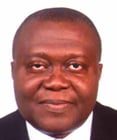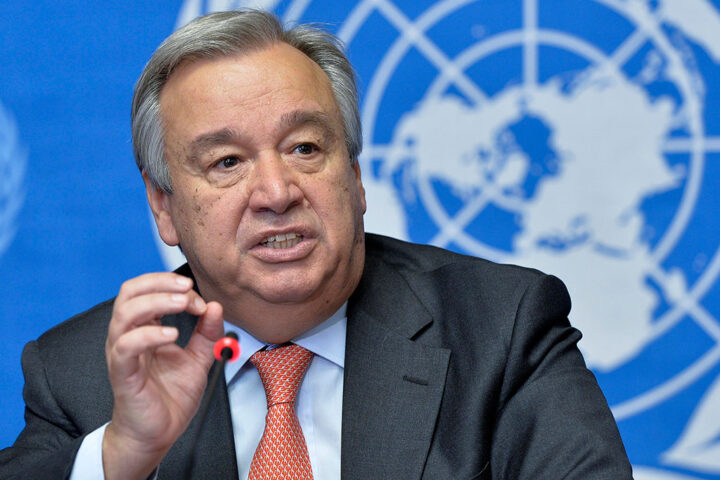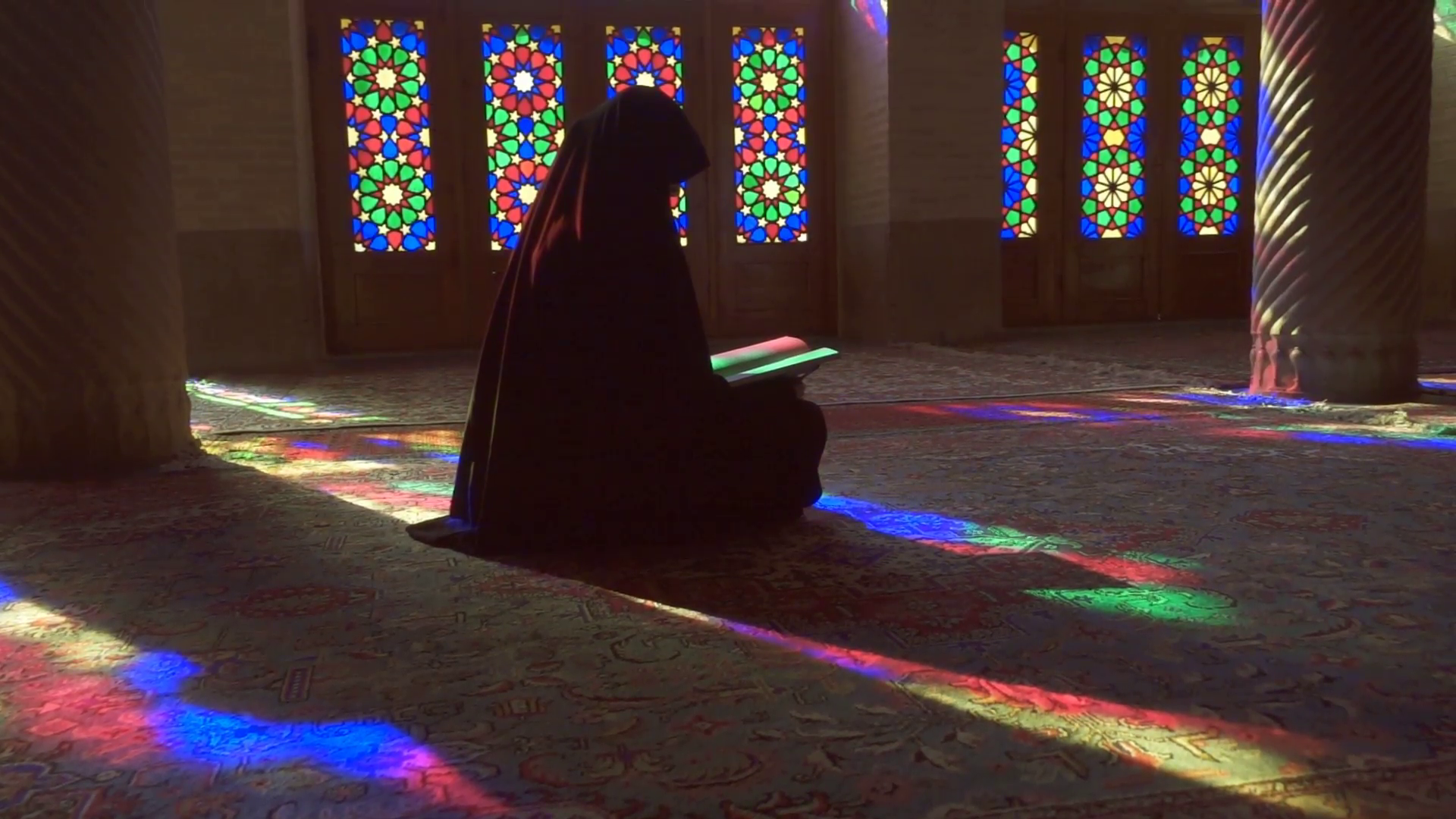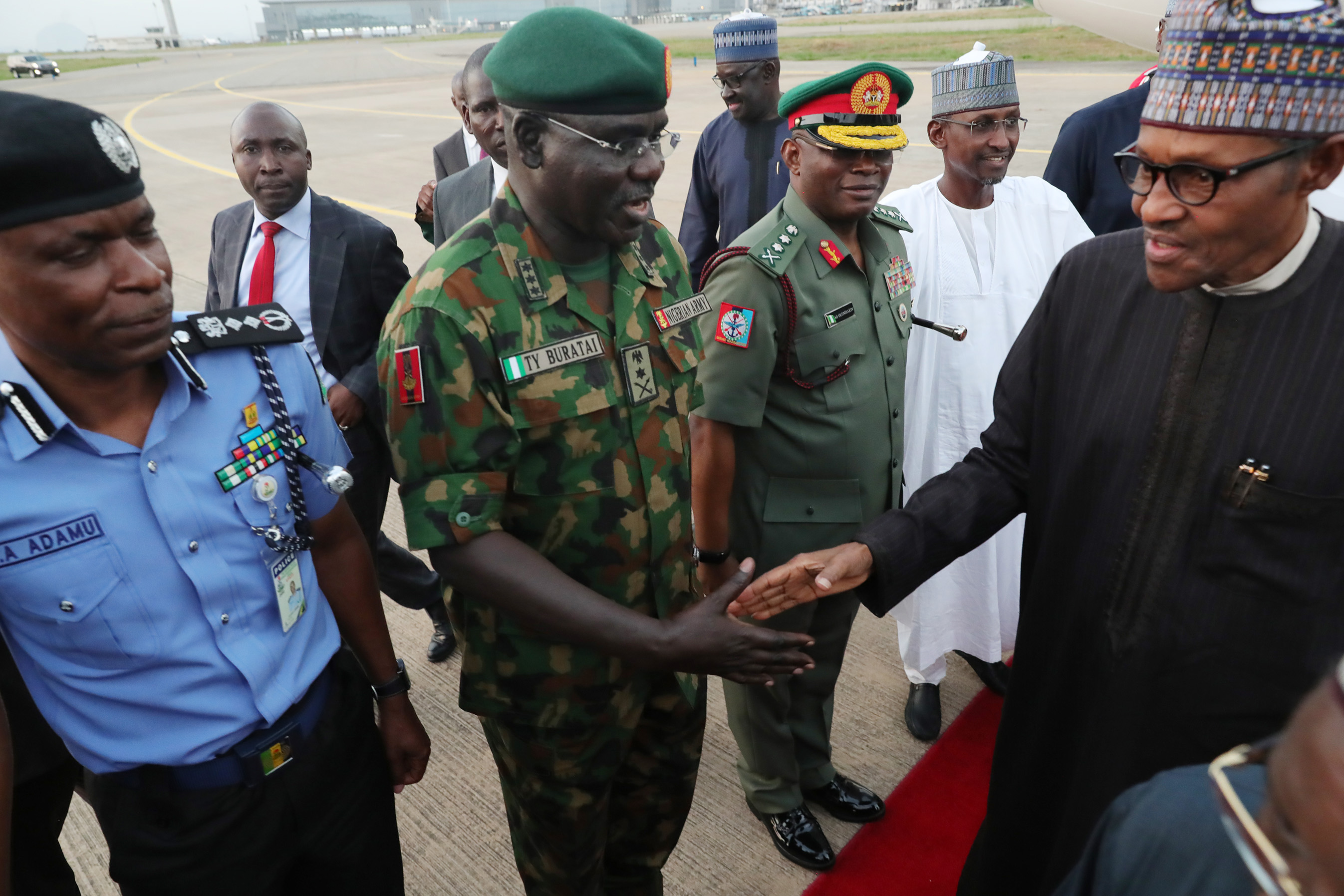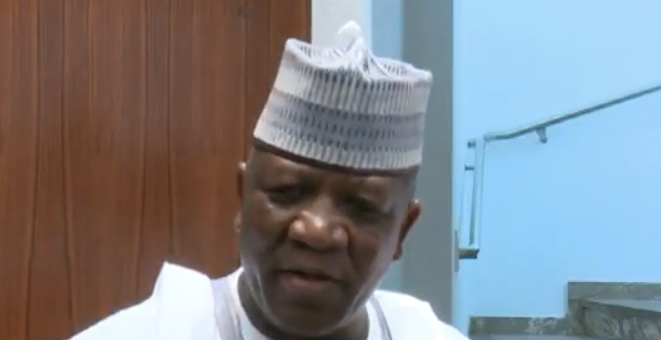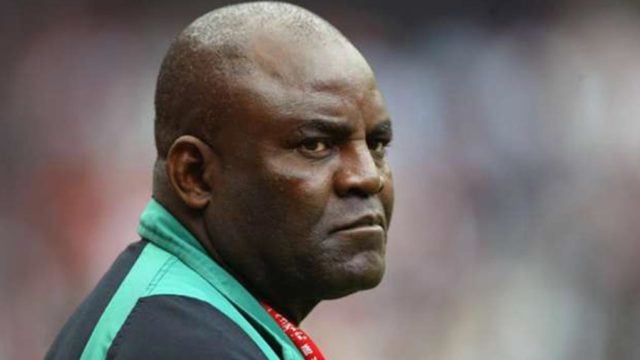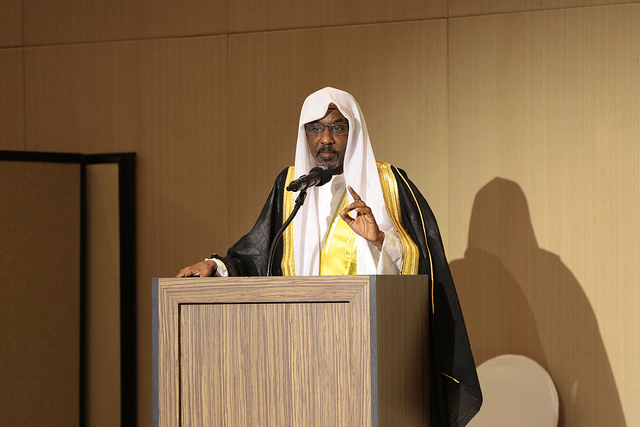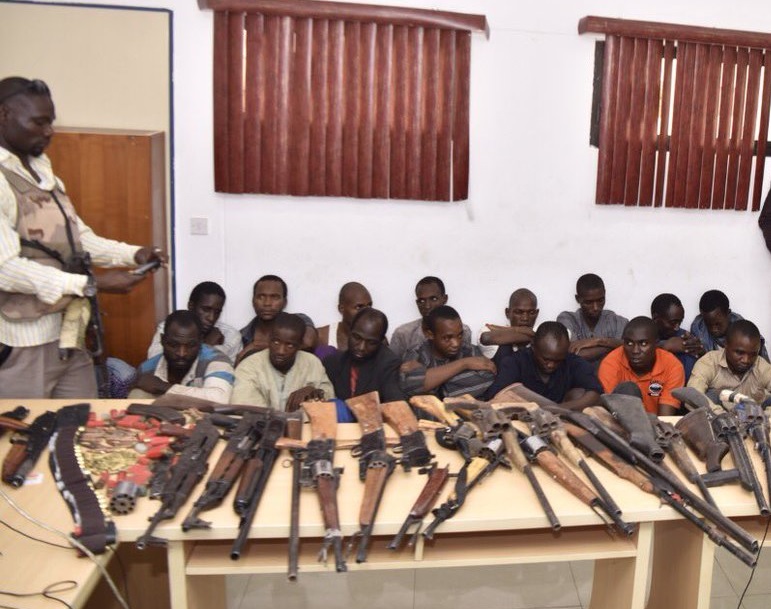Antonio Guterres, UN secretary-general
In 2015, the United Nations General Assembly set an agenda for a more sustainable futureby identifying 17 global goals otherwise known as ‘Sustainable Development Goals’ (SDGs). The intention is that by 2030, the universal call to action declared by the UN would create a better world by tackling the most pressing problems framed as the following 17 goals: no poverty, zero hunger, good health and well-being, quality education, gender equality, clean water and sanitation, affordable and clean energy, decent work and economic growth, industry, innovation and infrastructure; reducing inequality, sustainable cities and communities, responsible consumption and production, climate action, life below water, life on land; peace, justice, and strong institutions, and partnerships for goals.
Prior to the launch of the SDGs four years ago, 189 countries signed the historic millennium declaration at the United Nations Millennium Summit in 2000. The Millennium Development Goals (MDGs) were eight international development goals for the year 2015 with measurable targets and deadlines aimed at improving the lives of the world’s poorest people. The UN agenda for the SDGs reflect continuity and consolidation of the MDGs while making the vision more sustainable by strengthening environmental goals.
These goals are linked together to deliver impactful results for sustainable development. Enduring poverty has no boundaries – it stares everyone in the face around the world — and changing weather conditions have become a present and everyday threat to our common humanity; we have a duty to save the planet.In Nigeria, for example, we have been experiencing extreme temperatures lately and the heat wave is not just about to abate. We are also living witnesses to the depleting ozone layer, melting glacier, rising ocean levels, freezing temperatures and increased flooding around the world.
Access to basic healthcare is also a huge global challenge due to widespread poverty. Men and women of goodwill should come together and do more to solve these problems. As I noted in an earlier Facebook post, African countries are always lagging behind in such global interventions to combat the world’s problems with perhaps the exception of Ghana and Kenya – both countries, from available data, make deliberate efforts to cascade the UN initiatives by taking actions locally.
Advertisement
Last year, the Global Festival of Action for Sustainable Development held over three days in Bonn, Germany. It was a UN forum devoid of “fancy suits and long speeches” that brought together 1,500 participants from over 100 countries to showcase the latest innovations, tools and approaches that will make sustainable development a reality, according to a statement on UN’s website. “The world is facing tremendous challenges, and, for the first time, there is an innovative plan to solve them,” said Mitchell Toomey, the Global Director of the UN SDG Action Campaign, at the Sustainable Development Festival. One of the highlights of the event was the presentation of the ‘SDG Action Awards’ in seven categories to individuals and organisations who are implementing the 17 goals.
One of the winners of the awards in the Innovation Category was Foluke Michael, a Nigerian and Project Director/CEO of the Creative Youth Community Development Initiative (CYCDI), a non-profit organisation. Foluke, a lover of creativity and innovation, is committed to sustainable development in Nigeria and she’s guiding young persons to lead a positive change into the future. Folukehas embraced the UN 17 SDGs in a meaningful way and she is very passionate about how we can make the world a better place through innovation and high impact initiatives. Foluke’s organisation has been globally acknowledged as a pipeline for achieving the SDGgoals in Nigeria and other countries.
CYCDI is implementing the 17 SDG goals to meet UN’s 2030 agenda through active learning, creative development, innovation and entrepreneurship in children, youths and women. The goal of CYCDI is to pursue, promote and implement sustainable projects that will boost community development and economic growth. In order to reach this goal, CYCDI created the following platforms: the Vision of the Child (VOTC), Creative Youth Initiative Against Corruption (CYIAC), InnoCreativa Youth Hub (IC2030) and CDMA Social Enterprise. Some of the organisation’s achievements include successful implementation of social, economic and environmental projects through educational and talent development in children and youths under Vision of the Child, one of their flagship pipelines, since 2002. The project — which is under the supervision of Professor Wole Soyinka, 1986 Nobel Laureate in Literature — has produced thousands of young leaders and innovators in primary, secondary and tertiary institutions in Nigeria.
Advertisement
CYCDI also created CYIAC Corruption Busters (CCB) – which earned Foluke the award in Bonn, Germany – to promote SDG 16 (Peace, Justice and Strong Institutions). It was launched on December 9, 2017 to mark the United Nations International Day Against Corruption. CYIAC has received international recognition and awards in the United States, United Kingdom, Germany, Spain and Austria.
CYCDI is presently leading a global campaign to raise drug prevention awareness amongst youths and vulnerable adults through a school awareness and creative programme. The project – which is being supported by the European Union (EU) and the United Nations Office and Drugs and Crime (UNODC) – produced the sensitisation campaign movie, Trapped.In November 2018, the project outcome was adopted and printed with funding from the EU under the framework of “Response to Drugs and Related Organised Crime in Nigeria” implemented by UNODC. The booksare currently being distributed to various schools in Nigeria and other countries.
“Solution to one of the global problems”, says Ban Ki-moon, former UN Secretary General and South Korean politician, “is a solution to all”. This may have been the spark that Foluke and her colleagues at CYCDI needed to create the innovative “Solution 17” model to tackle the 17 global problems through the application of the 17 SDGs. The model is based on youth development through education, creativity and innovation to implement the 17 global problems and creating solutions towards a healthy, liveable, prosperous and sustainable planet. Since the world’s problems are inter-related, CYCDI’s “Solution 17” model for problem solving recognises the power of synergy and it brings together 17 participants, 17 schools, 17 creative ideas/presentations, 17 solutions and 17 innovators to solve one global problem. By weaving the 17 SDGs together to solve each problem, the organisation believes the model will accelerate the achievement of the 17 global goals by 2030.
For example, Solution 17 for SDG8 (Decent Work and Economic Growth) is a new project being embarked upon by CYCDI. Branded as “InnoCreativa Youth Hub 2030” or “IC2030 for short, this model will explore the creative and innovative capabilities of young people through the development of knowledge and attitude that are relevant to employability and skills for entrepreneurship.
Advertisement
IC2030 targets undergraduates in tertiary institutions in Nigeria, members of the National Youth Service Corps and young graduates not older than 35 years. By February 2020, the IC2030 Innovation Lab is expected to produce 17 undergraduates and graduates; 17 SDGs based ideas to solve unemployment; 17 creative presentations for showcase and pitch to industry partners and sponsors; 17 solutions to Decent Work and Economic Growth and 17 makers, doers, innovators, creators and entrepreneursto solve one global problem – unemployment. Already, India and Switzerland have indicated interest and sought permission from CYCDI to adopt the award winning “Solution 17” model.
In furtherance of her commitment to achieving the SDG goals by 2030, Foluke, in her current role as a United Nations SDGs ambassador, presented her SDG Impact Report in Bonn, Germany on May 3, 2019 to a global audience. She used the opportunity to unveilthe partnership between CYCDI and CITC Global Consulting, a strategic management firm based in Lagos, Nigeria, aimed at deepening the impact of the 17 SDGs implementation in Nigeria and other countries. One of the goals under this partnership is establishing a Sustainable Development online television channel to tell the story of a changing world and the innovations being introduced to solve the world’s most pressing problems.
Braimah is a public relations and marketing strategist based in Lagos.
Advertisement
Views expressed by contributors are strictly personal and not of TheCable.
Add a comment
